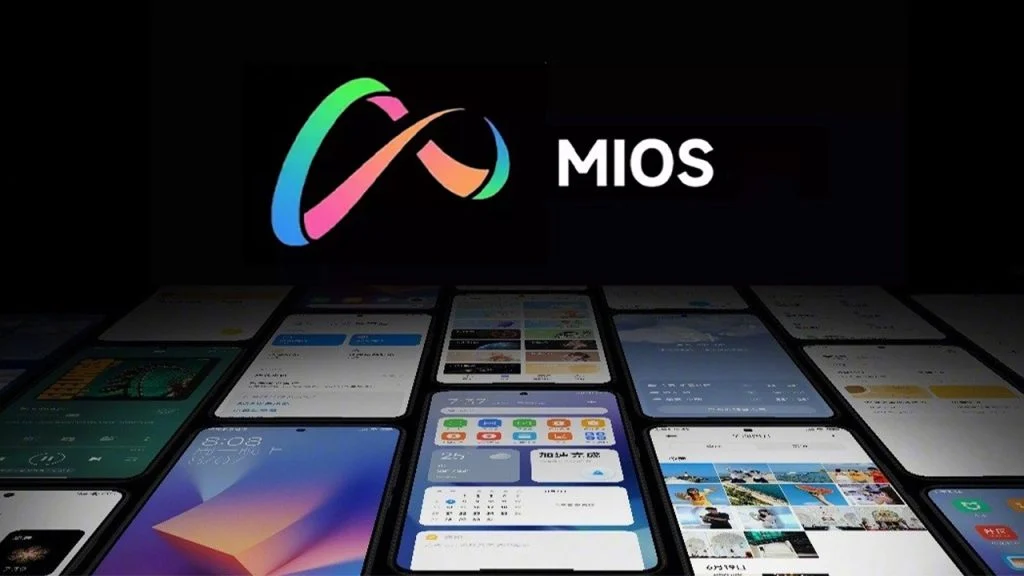OpenAI, the company behind the popular AI chatbot ChatGPT, has witnessed a meteoric rise in valuation, jumping to a staggering $80 billion according to a recent deal with venture capital firm Thrive Capital. This represents a nearly threefold increase from just nine months ago, highlighting the surging interest in artificial intelligence and its potential applications.
Skyrocketing Valuation: OpenAI’s Leap to $80 Billion Amid AI Innovations
Unlike a traditional funding round, this deal allows employees to sell their existing shares, offering them a significant windfall as OpenAI’s value skyrockets. This approach differs from last year’s tender offer, which raised new capital for the company while valuing it at around $29 billion.
OpenAI Continues to Push the Boundaries of AI Technology
OpenAI continues to push the boundaries of AI technology. Following the success of ChatGPT, they’ve recently unveiled Sora, a video generation platform that utilizes text prompts to create original content. However, public access to Sora remains limited as OpenAI prioritizes implementing safety measures to mitigate potential risks of bias and misinformation.
Challenges and Uncertainties for OpenAI
Sam Altman‘s aspirations extend beyond software, as he seeks to establish a new venture focused on AI chip manufacturing. This initiative aims to bolster global chip production capacity and potentially accelerate the development of AI-powered tools. However, securing U.S. government approval for such a venture could prove challenging due to potential antitrust concerns and national security implications.
While OpenAI’s current trajectory is impressive, several uncertainties cloud its future. The company’s CEO faces an uphill battle in gaining approval for his chip venture, and the long-term viability of its AI products like Sora remains to be seen. Additionally, questions surrounding OpenAI’s ultimate goals and potential impact on society continue to spark debate.
The company’s achievements highlight the immense potential of AI and its ability to disrupt various industries. However, the ethical and regulatory challenges associated with AI development require careful consideration as the technology continues to evolve.



